On June 9, Military Hospital 175 announced that it had successfully treated a critical case of toxic epidermal necrolysis (Lyell's syndrome).
The patient is Ms. NTT (67 years old). Previously, Ms. T. was prescribed treatment with erythromycin, an antibiotic commonly used in respiratory and skin infections.
After 3 days of taking the medicine, Ms. T. began to have skin lesions that spread all over her body, many areas of skin peeled, ulcerated, and the epidermis was torn in pieces. According to doctors, this is a typical sign of Lyell syndrome.
Although the patient was treated at two medical facilities, his condition continued to worsen. Doctors invited an inter-hospital consultation with Military Hospital 175, assessing that the patient's condition was very serious, with a 50% risk of death, requiring intensive treatment.
Immediately afterwards, the patient was transferred to the Department of Burns - Plastic Surgery, Military Hospital 175. At this time, the patient's body was damaged by 92% of the body, with many peeling patches, blisters, and progressive epidermal necrosis.
The condition is especially severe in pressure areas such as the back and buttocks. The patient is in a lot of pain, cannot sit up by himself, and has symptoms of severe infection and poisoning.
Doctors immediately implemented an aggressive treatment regimen, resuscitation, broad-spectrum antibiotics, immunosuppressants, intravenous nutrition, wound care, and daily dressing changes.
Due to the large area of the injury, each dressing change lasted nearly 2 hours and required 5-6 staff to coordinate and strictly control infection.
Lieutenant Colonel, Doctor Than Van Hung, Military Hospital 175, examines a patient
After 10 days of treatment, the patient began to improve, fever and pain reduced, and the affected skin area began to shrink. To date, the patient has been discharged from the hospital in a stable condition, with 10% of the affected area remaining and able to walk on his own.
Lieutenant Colonel, Doctor Than Van Hung, Deputy Head of the Department of Burns and Plastic Surgery, Military Hospital 175, said that this is a very serious case that requires intensive treatment in the first week to overcome the critical stage.
"This is a battle to save lives. Patients recovering every day is a great source of motivation for the medical team," said Dr. Than Van Hung.
Lyell's syndrome (TEN - Toxic Epidermal Necrolysis) is a severe hypersensitivity reaction to drugs, causing epidermal necrosis and total body peeling. This is a rare disease with a very high risk of death if not treated promptly, especially in the elderly or those with many underlying diseases.
TRANSPORTATION
Source: https://www.sggp.org.vn/cuu-song-mot-phu-nu-nhiem-doc-toan-than-do-di-ung-thuoc-post798747.html



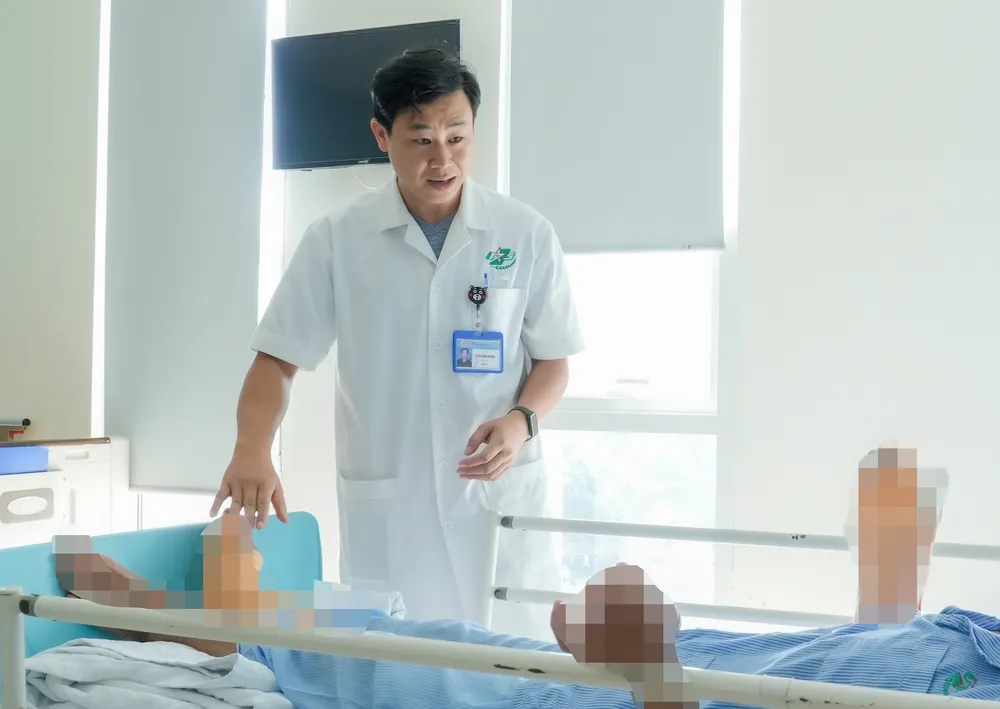








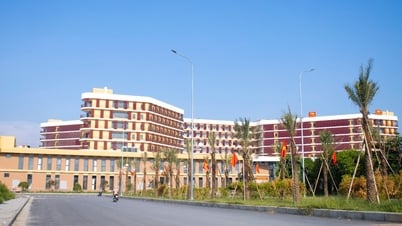

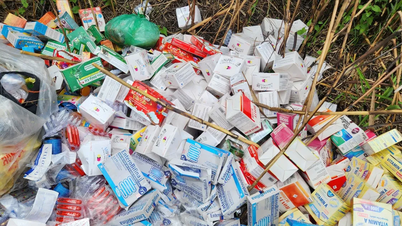
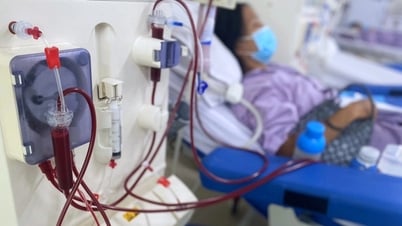
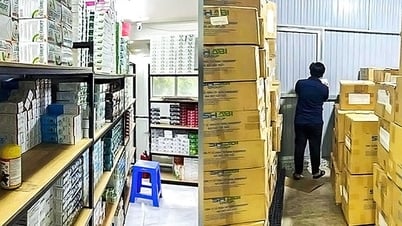









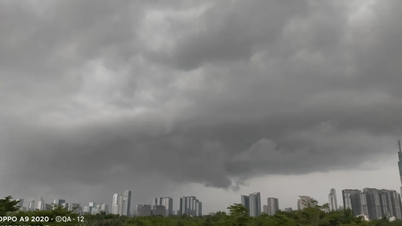














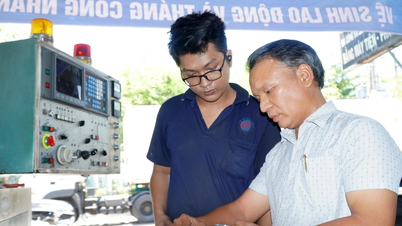






























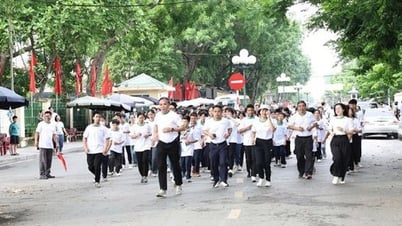










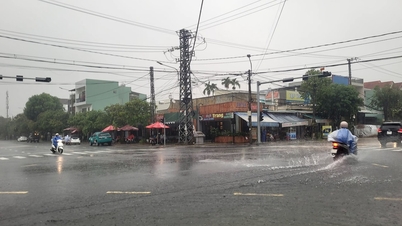














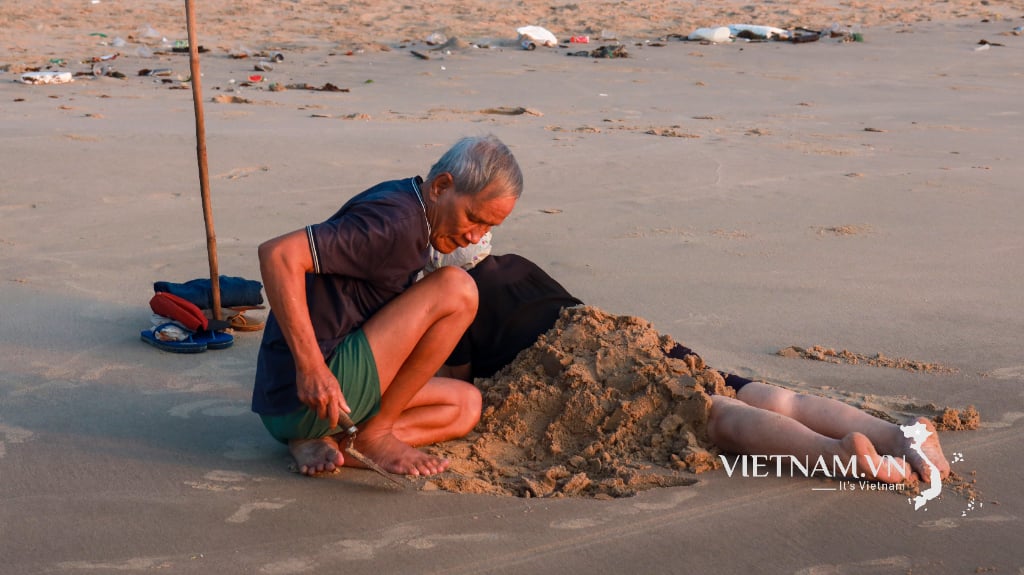


Comment (0)